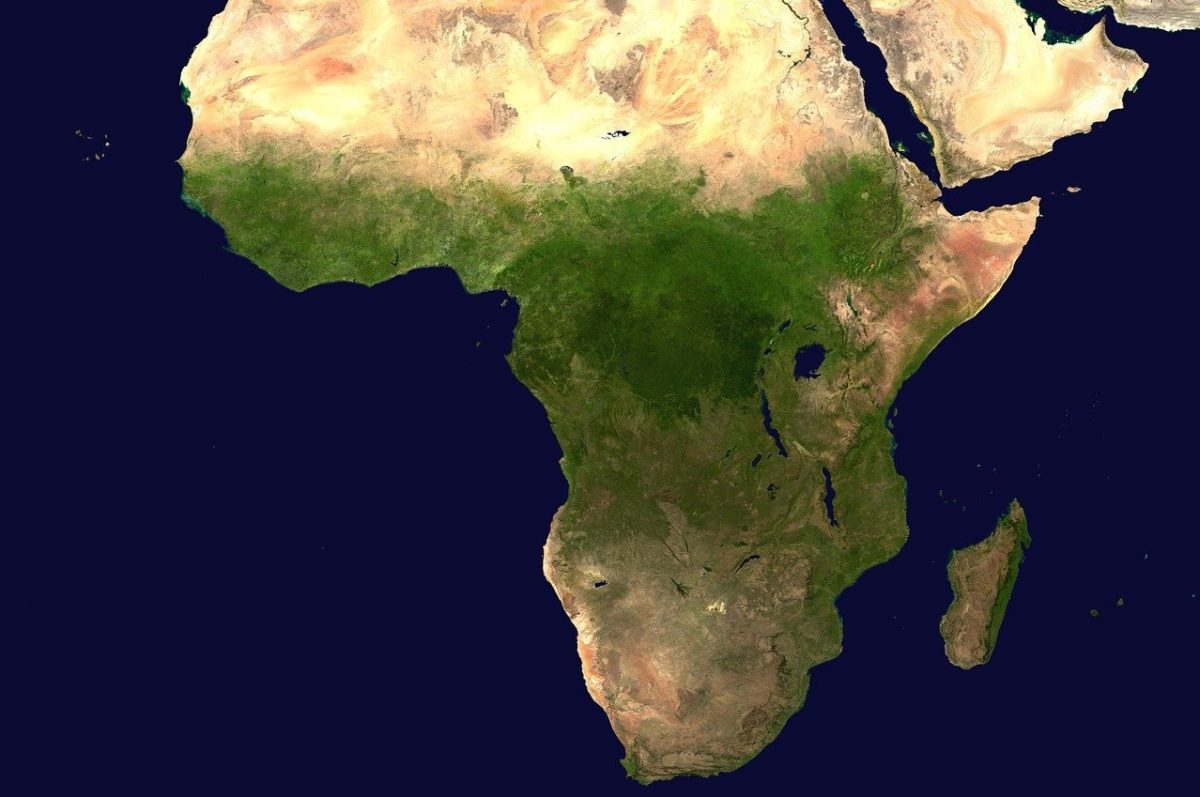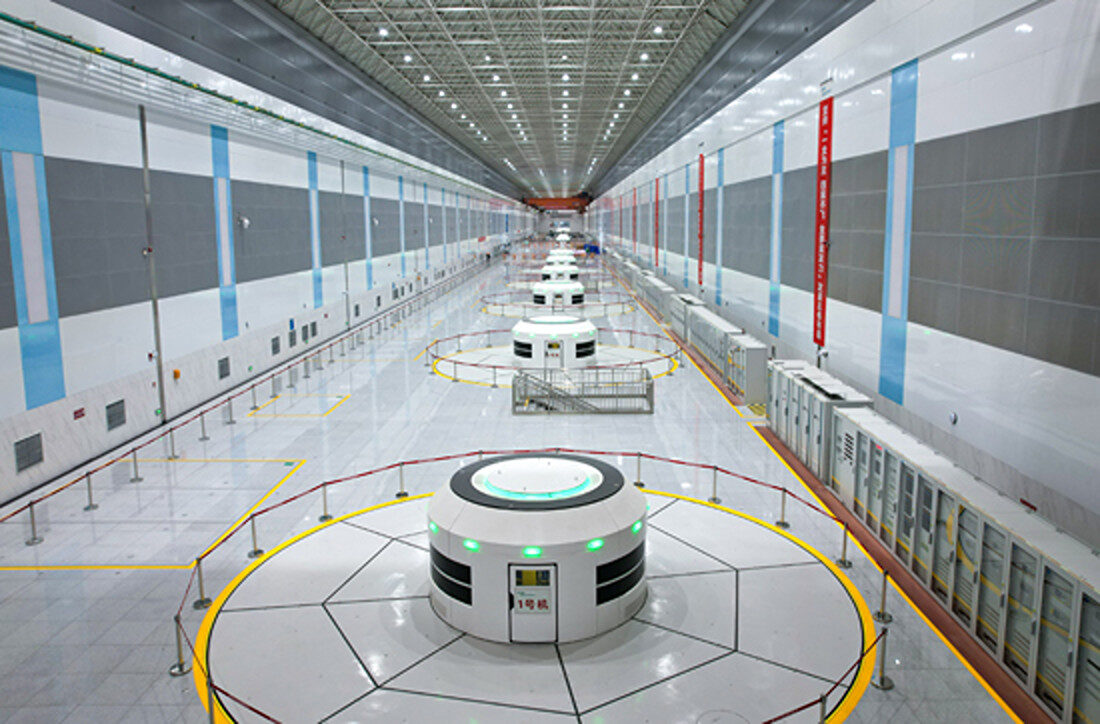Solar energy is the only way to improve access to electricity in Africa, according to the Bright Perspectives for Solar Power in Africa study published by French thinktank the Institut Montaigne.
The continent, and particularly sub-Saharan Africa, is missing out on the global clean energy revolution though, with the authors of the report pointing out the number of solar projects with more than 5 MW of generation capacity south of the desert barely reached double figures outside South Africa at the end of 2018 – and four of them are in Senegal.
“In spite of the recent arrival on the market of photovoltaic solar technology, the power plants commissioned over the past ten years continue to mostly rely on thermal or hydro sources, as in previous decades,” the report notes.
Solar is failing to keep pace with vertiginous population numbers set to double to 2.6 billion people by 2050, according to the authors of the study.
Too many tenders
Systematic tendering, especially in immature markets and for small projects, is part of the problem, states the report. Such auctions may bring down the price of solar power but are not always designed well enough to prevent speculative bids, which incur extra costs and lengthen the time needed to commission projects. Tenders can also restrict market access to the same large corporations.
The Institut Montaigne analysts say tendering in immature energy markets doesn’t make sense. “Without a ‘spot’ market for electricity, a ‘contract for difference’ type contract [which depends on a variable wholesale power price] cannot be used,” they wrote.
Small scale projects encounter particular difficulties in tenders. “Many research articles on this topic suggest that below a certain size of project, tenders ultimately prove to be more expensive for the community than a counter system,” states the report, in reference to the alternative, fixed feed-in tariff option. Such simpler incentives, argues the study, offer space for markets to build up the local skills and expertise required to operate successful tenders.
Wrong price signals
The resulting race to the bottom in the solar power price is forcing project developers to bid at levels which would entail a loss in the hope further reductions in solar panel costs, and in interest rates, will make up the shortfall.
“Once the contract has been won, the initial hypotheses are obviously not realized so the contractor must then negotiate with the buyer a higher price or more time [to develop the project] because the ongoing decline in solar panel prices or the country’s improving economic and financial context will, at some point, end up making the project profitable,” the Institut Montaigne analysts state. That usually delays projects, with negative consequences for power supply.
Tendering should be gradually introduced once a market has matured and be limited to very large projects, according to the Africa report. The authors also suggest financing tools be made available which take into account the typically small scale of capital-intensive sub-Saharan solar projects, that any subsidies which distort markets should be reined in and that African countries receive more backing to kick-start their PV sectors.
This content is protected by copyright and may not be reused. If you want to cooperate with us and would like to reuse some of our content, please contact: editors@pv-magazine.com.




Institut: the noun is masculine in French.
The recommendation is sensible. FITs up to a few megawatts, then auctions. The problem with FITs is degressing them in line with costs – ideally by an independent body using a transparent methodology, not politicians.
Thanks James, I believe our writer anglicized the name of the institute but we have modified the copy to the French original, as suggested.